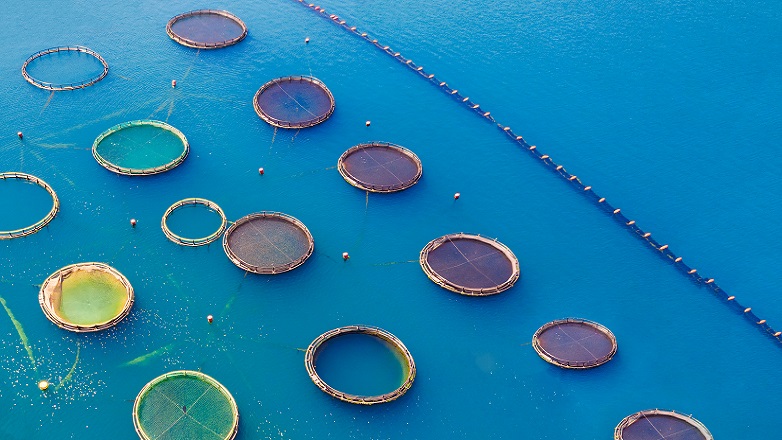Better play it safe – Belgium FDI screening mechanism to enter into force on 1 July 2023
Introduction
On 1 July 2023, Belgium’s highly anticipated foreign direct investment (FDI) screening regime will enter into force. With a view to safeguarding national security, public order, and the strategic interests in Belgium, all investments signed after 1 July 2023 and falling within the scope of the FDI regime will now face scrutiny by a newly established Interfederal Screening Commission (ISC).
Scope of the Belgian FDI regime
Under the new regime, foreign investments must be notified to the ISC before they are put into effect.
Investments by whom? – Under the Belgian regime, only investments by non-EU based investors qualify as foreign investments. The Belgian regime therefore differs from those of some other EU Member States, like the French or the Dutch regime, which also cover investments from within the EU. The obligation to notify applies for investments made by: (i) natural persons with a primary residence outside the EU; (ii) undertakings incorporated outside the EU; and (iii) undertakings whose ultimate beneficial owner has its primary residence outside the EU. Notably, greenfield investments (i.e., establishment of new economic activities by foreign investors) are not subjected to the new Belgian FDI regime.
Which investments are caught? – The new regime applies to investments by foreign investors which may impact national security or public order, or the strategic interests in Belgium. Which thresholds apply depends on the relevant sector in which the Belgian target is active. The Belgian thresholds are very low and, similar to the German regime, can trigger ISC scrutiny for direct or indirect investments from as low as 10% of voting rights.
| Sector of activities | Threshold(s) |
|
- Critical infrastructures (e.g., energy, transport, health, telecoms, digital infrastructure, media, data processing or storage aerospace, defence, etc.) - Technologies, raw materials of essential importance to:
- Supply of critical inputs - Private security - Media freedom and plurality |
- Direct or indirect acquisition of 25% or more of the voting rights in the Belgian target |
| Technologies of strategic importance in the biotech sector |
- Direct or indirect acquisition of 25% or more of the voting rights in the Belgian target - Belgian target’s turnover exceeds EUR 25 million |
| Defence sector (incl. dual-use products, energy, cybersecurity, digital infrastructure and electronic communication) |
- Direct or indirect acquisition of 10% or more of the voting rights in the Belgian target - Belgian target’s turnover exceeds EUR 100 million |
As of when are transactions covered? – The new regime enters into force on 1 July 2023 and applies to all investments that have not been closed on that date.
Review process
Investments falling within the scope of the regime must be notified by the acquiring party to the ISC before closing. Like merger control, transactions cannot be implemented before the ISC has given its green light. Failure to do so may result in fines up to 30% of the value of the investment.
The ISC may launch an ex officio procedure until five years after the transaction has been closed.
Similar to the procedure under merger control rules, the screening procedure consists of three phases. The table below summarizes the most important features of the review process.
| Pre-notification | Assessment | Screening | |
|
Main Features |
- Secretariat ISC assesses whether the filing is complete |
- Review by ISC if investment has potential impact on public order, security or strategic interests - Obligation to request opinion from Intelligence and Security Coordination Committee - Option to request opinion from other public bodies - Option to request additional information from parties (RFI) |
- In-depth, additional risk analysis by ISC - Competent ISC member(s) give(s) advice to respective minister(s) within 20 days - Several grounds of suspension of 20-day period (i.e., additional info requested by EC, comments parties, oral hearing, remedy discussions) - Minister(s) take(s) decision within six days - ISC compiles decision(s) minister(s) and notifies parties of decision within two days |
|
Possible outcomes |
- Green light to notify formally |
- Explicit approval - Tacit approval, if no decision is adopted within the deadline - If concrete indications exist of potential threat to public order, national security or strategic interests, the screening procedure is opened |
- Unconditional approval - Approval subject to remedies - Prohibition decision |
|
Timing |
- No statutory deadlines | - 30 days but RFI pauses timetable | - 28 days until final decision ISC (suspensions and extensions of the deadline are possible |
Parties can appeal the ISC’s final decision before the Markets Court.
Conclusion
The introduction of the Belgian foreign investment screening regime aligns with the growing trend for Member States to adopt national measures under the EU’s framework FDI Regulation (EU) 2019/452. Except for Bulgaria, all EU Member States now have an FDI screening mechanism or have expressed their intention to adopt one.
What is the impact for your transactions?
- Timeline: Investors may have to adjust their deal timelines to account for an additional notification process. This is in particular true if a deal is close to signing on 1 July 2023. Investors will then have to assess whether their deal comes in scope and adjust their timeline to account for the longer notification process.
- Managing parallel notifications: Transactions which must be notified under the new regime may also fall within the scope of the mandatory merger notification to the European Commission or the Belgian Competition Authority. While the new FDI notification procedure bears some resemblance to the merger notification process, the deadlines are notably different. Managing parallel processes will become an additional hurdle for investors in Belgium.
For more information, please contact Baptist Vleeshouwers or Jonathan Saké.



